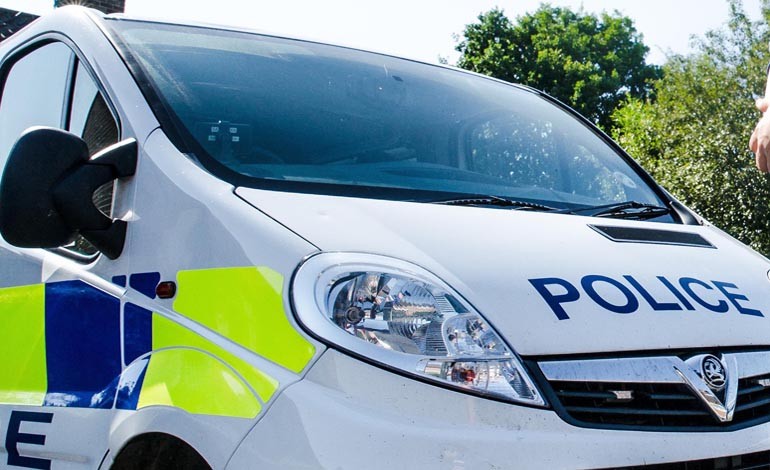Durham Constabulary has joined forces with Cambridge University to undertake the largest academic evaluation in British policing history.
The evaluation is known as a randomised control trial (RCT) and will primarily look at the effectiveness of the force’s Checkpoint scheme.
The evaluation began earlier this month and is expected to take several months to complete.
Randomised control trials are used in medical trials to test the effectiveness of drugs and treatments.
This is the first time a trial of this nature will be used on this scale to evaluate the effectiveness of a police initiative.
Durham’s pioneering programme Checkpoint was launched in April 2015 offering support and advice to low level offenders by offering an alternative to a conviction.
Offenders sign up to a four-month bespoke contract which gets to the root of why they chose to break the law.
There are several interventions, ran by many agencies in partnership with Durham Constabulary, which are then put in place which the offender has to adhere to.
If the contract is broken or incomplete they revert back to the original prosecution.
To date, the scheme has been a huge success seeing over 500 people sign up to the scheme and over 300 ‘graduates’ which increases by the day.
As well as interventions which address substance misuse, the offender will be offered assistance with any housing, mental health, financial issues they may have so they get themselves back on track.
DI Andy Crowe, Checkpoint Co-ordinator, said: “The purpose of the police is to prevent and detect crime and we believe Checkpoint is an effective prevention method but we need evidence to what works and how it works.
“We’ve often had good ideas and done things out of habit but we don’t know whether these ideas work and are cost effective, this is particularly important in times of austerity when the public need to know they are getting value for money from the police service.”








